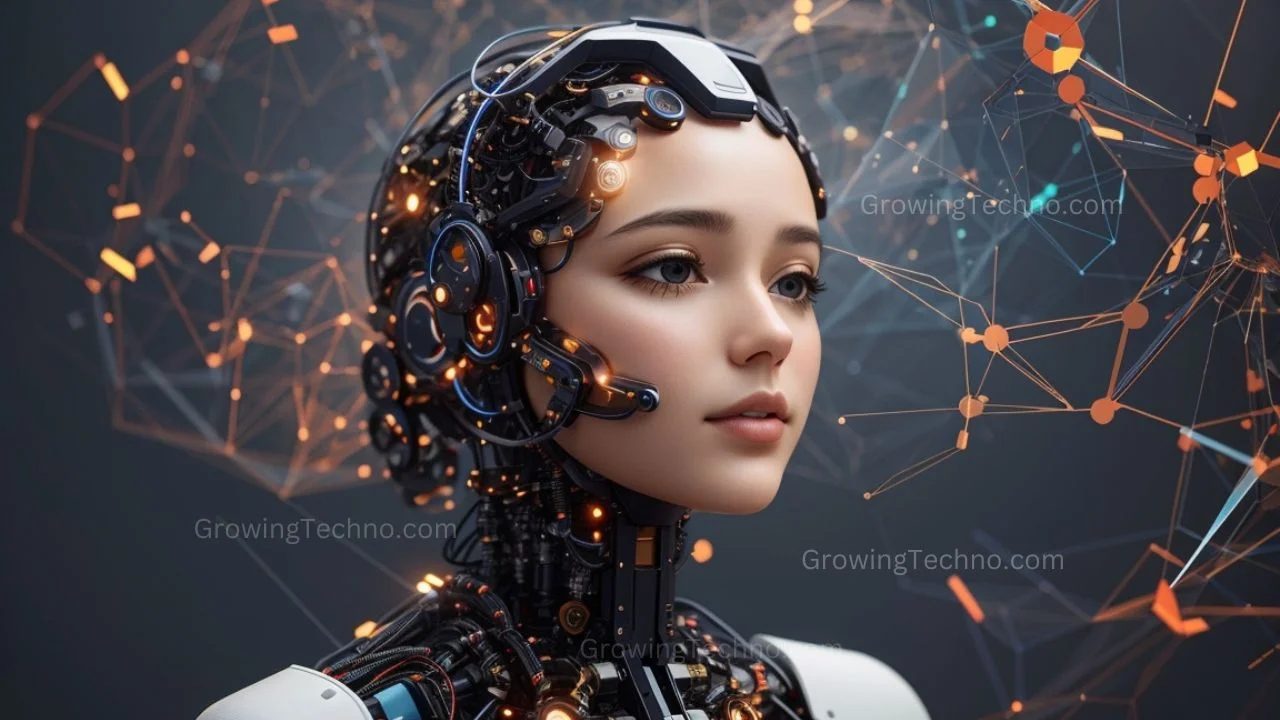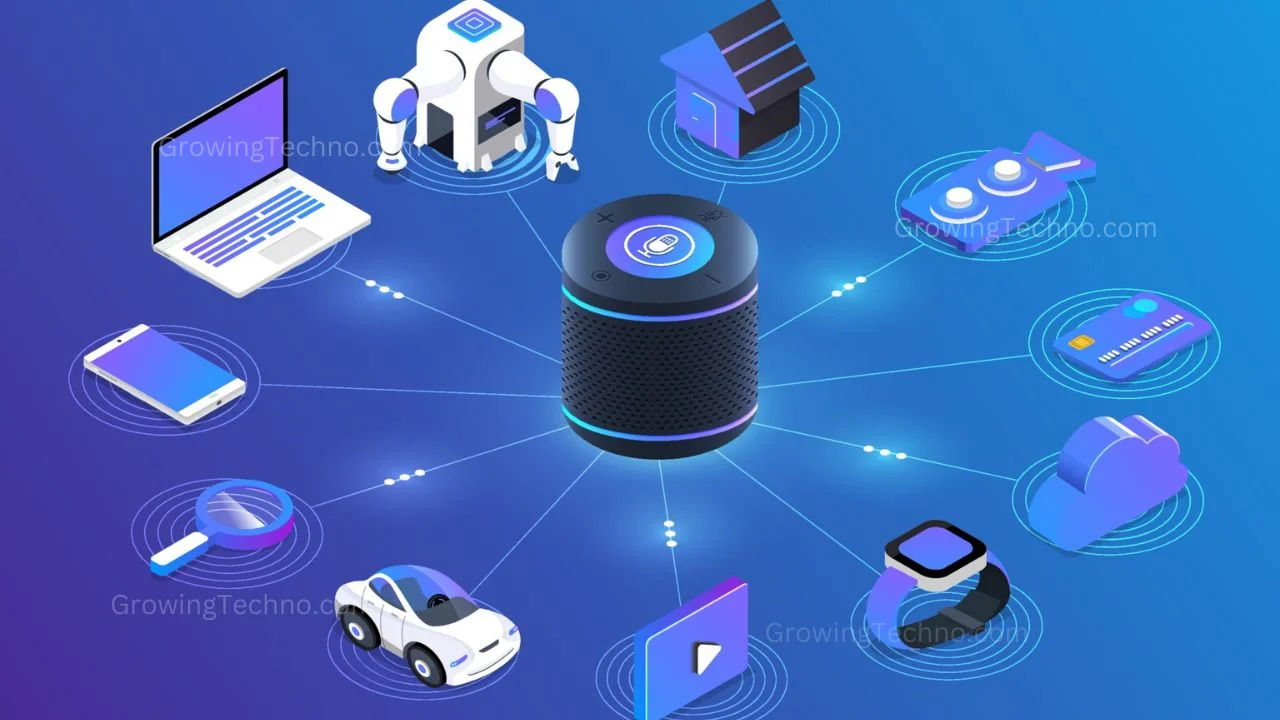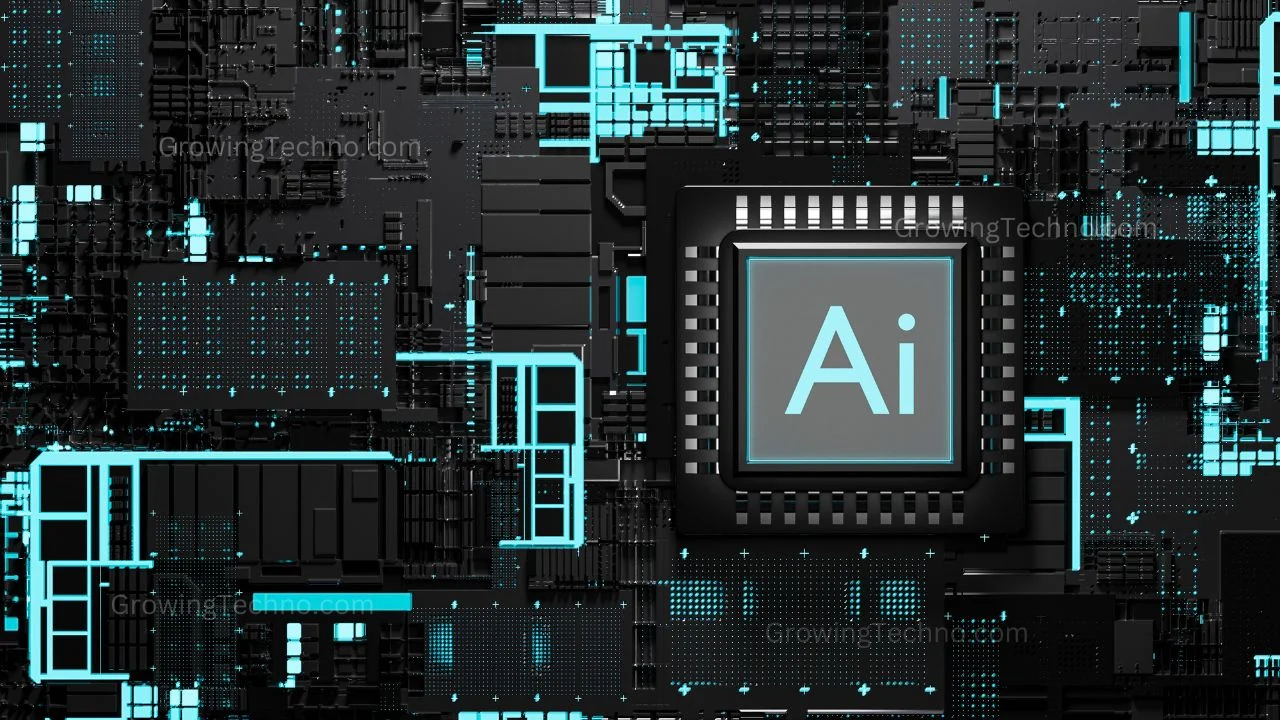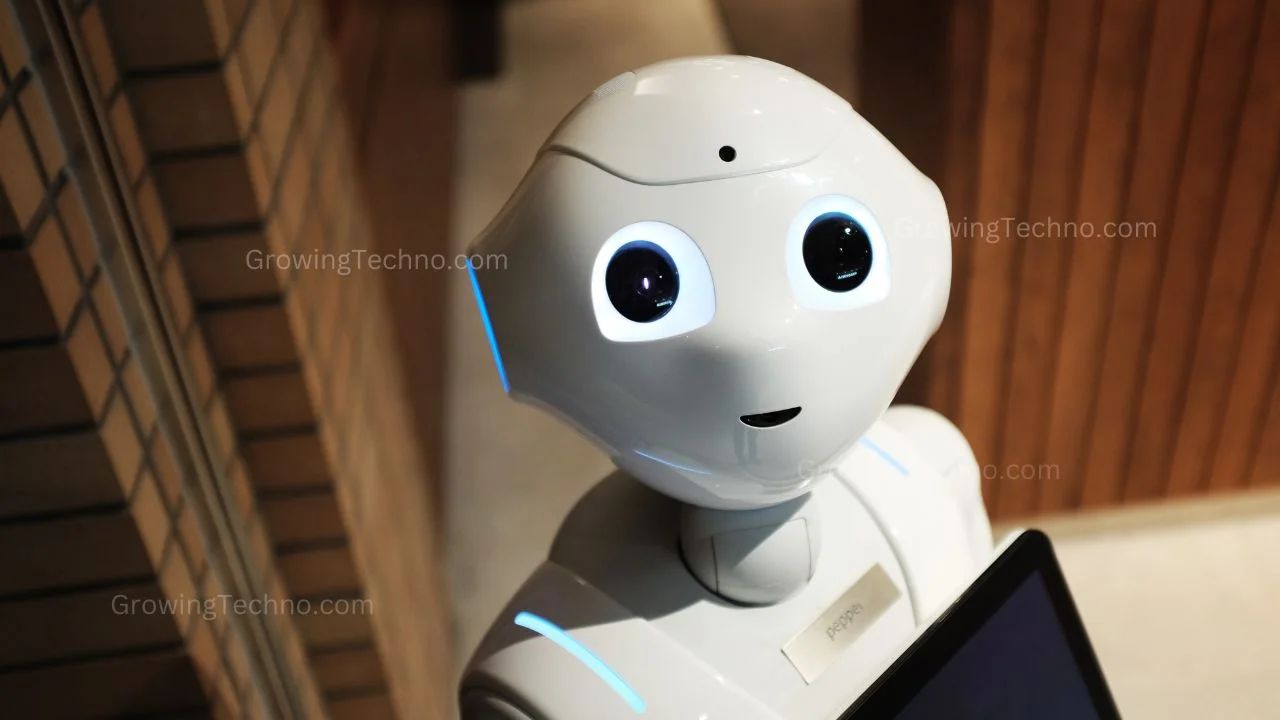
In the ever-evolving world of technology, one term that has consistently made headlines and driven innovation is Artificial Intelligence, commonly known as AI. This groundbreaking technology has transcended its status as a buzzword to become an integral part of our daily lives, revolutionizing industries, improving efficiency, and reshaping the way we interact with the digital realm.
Understanding Artificial Intelligence
AI refers to the development of computer systems that can perform tasks that typically require human intelligence, such as visual perception, speech recognition, decision-making, and language translation. At its core, AI aims to mimic human cognitive functions and apply them to machines, enabling them to process vast amounts of data, make sense of it, and respond intelligently. This capability has ushered in a new era of automation, transforming industries ranging from healthcare to finance and beyond.
The Evolution of AI
AI has come a long way since its inception. Early AI systems were rule-based and limited in their capabilities. However, recent advancements, particularly in machine learning and neural networks, have propelled AI into new dimensions. Machine learning algorithms, inspired by the structure and function of the human brain, have enabled AI systems to learn and adapt from data, improving their performance and accuracy over time.
AI in Everyday Life
The integration of AI into our daily lives is undeniable. Virtual personal assistants like Siri and Alexa use AI to understand and respond to voice commands. E-commerce platforms employ AI to recommend products based on your browsing and purchasing history. Social media algorithms use AI to curate your news feed, showing you content tailored to your interests.
AI in Healthcare
One of the most transformative applications of AI is in healthcare. AI-driven diagnostic tools can analyze medical images, such as X-rays and MRIs, with incredible precision, aiding doctors in early disease detection. Machine learning algorithms can predict patient outcomes and suggest personalized treatment plans, improving patient care and reducing medical errors.

AI in Finance
In the financial sector, AI is revolutionizing fraud detection, algorithmic trading, and risk assessment. AI-driven chatbots are handling customer inquiries, while robo-advisors are offering investment advice based on an individual’s financial goals and risk tolerance.
AI and Autonomous Vehicles
The automotive industry has also embraced AI. Self-driving cars use AI algorithms to navigate, making real-time decisions based on sensor data, road conditions, and traffic patterns. This technology promises to increase road safety and reduce accidents caused by human error.
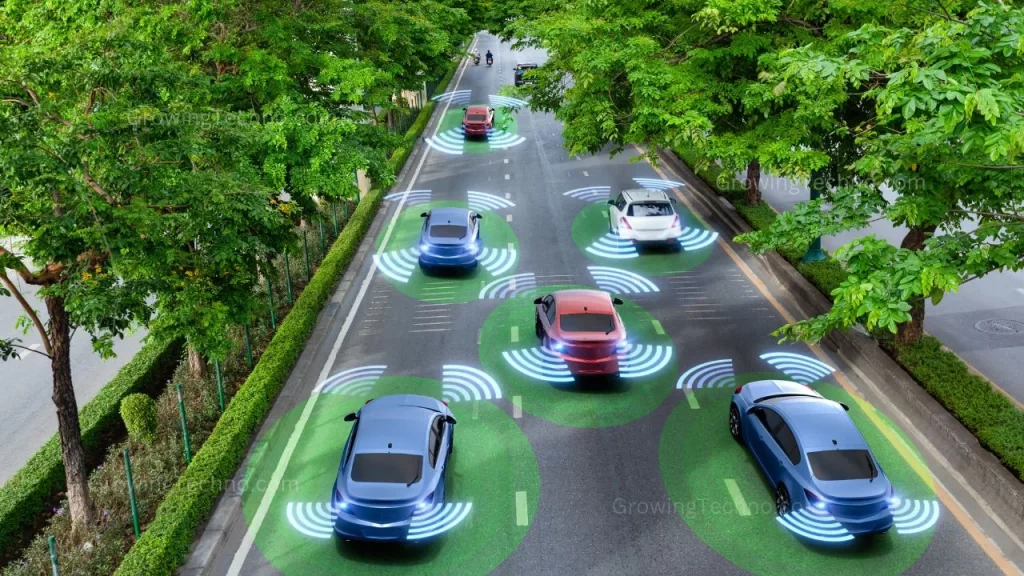
Challenges and Ethical Considerations
While the potential of AI is vast, it also raises ethical concerns. Issues related to data privacy, bias in algorithms, and job displacement due to automation require careful consideration. It is essential to strike a balance between technological progress and responsible AI development.
The Future of AI
As we look to the future, AI will continue to advance, ushering in new possibilities and challenges. Quantum computing promises to accelerate AI capabilities even further, solving complex problems that were previously unsolvable. AI’s role in scientific research, climate modeling, and drug discovery holds the potential to address some of humanity’s most pressing issues.
In conclusion, Artificial Intelligence is not just a technological advancement; it is a transformative force that is reshaping our world. Its applications span across industries and its potential is limited only by our imagination and our ability to wield this powerful tool responsibly. As AI continues to evolve, staying informed and engaged with its developments will be crucial for individuals and organizations alike.
Found this helpful? Share the wisdom!






